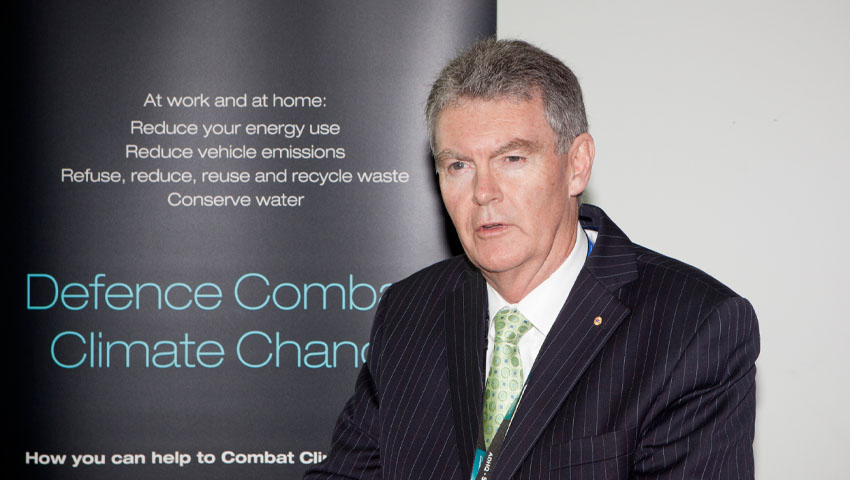Duncan Lewis, outgoing director general of the Australian Security Intelligence Organisation (ASIO), has identified what he believes is the most serious threat to Australia, and it’s not extremist terrorism or foreign invasion.
To continue reading the rest of this article, please log in.
Create free account to get unlimited news articles and more!
Lewis told a Lowy Institute Forum late last week that he sees the three biggest challenges for Australia's security as foreign interference and espionage, extremist terrorism, and cyber security, and identified the former as the nation's biggest threat.
“It’s my view that currently, the issue of espionage and foreign interference is by far and away the most serious issue going forward,” the retiring director general said.
“Terrorism has never been an existential threat to established states – for weaker states, yes, but for a place like Australia terrorism is not an existential threat to the state. It is a terrible risk that our populations run and it is a very serious matter which must be addressed every day: the counter-espionage and foreign interference issue, however, is something which is ultimately an existential threat to the state.”
Foreign interference is a global issue that has reared its ugly head in the Western world in recent times, and was specifically identified as an area of concern in the federal government's 2017 Foreign Policy White Paper.
"The government is concerned about growing attempts by foreign governments or their proxies to exert inappropriate influence on and to undermine Australia’s sovereign institutions and decision-making," the White Paper said.
"Such attempts at foreign interference are part of a wider global trend that has affected other democracies. Foreign interference aims to shape the actions of decision-makers and public opinion to achieve an outcome favourable to foreign interests."
Earlier this year, Federal Parliament's computer network was the subject of a significant cyber breach, with politicians forced to change their passwords as a result of the attack.
"ASD and its Australian Cyber Security Centre will continue to work with DPS to understand the full extent of this network compromise. Meanwhile, the necessary steps are being taken to mitigate the compromise and prevent any harm," ASD said at the time.
"At this early stage our immediate focus is on securing the network and protecting its users. Proper and accurate attribution of a cyber incident takes time."
It's a matter that is making waves not just in national security, but in our education systems, with the government announcing last month it would be conducting formal investigations into foreign interference in Australian universities, which has become more apparent following pro-democracy protests in support of Hong Kong.
It is believed that China was behind a massive hack on the Australian National University's computer database last year, with the personal information of 200,000 students and staff stolen.
While Lewis never specifically mentioned China in his address to the Lowy Institute Forum, it is clear that state-sponsored hacking from the rising superpower is of great concern to the Western world.
“It is emerging every day, new information about how we are threatened … by the cyber vector,” Lewis said.
“And I think that, as we have those discussions, it is necessary to have a look at capabilities such as the Australian Signals Directorate to see whether it can inform, or assist, or be deployed in the extreme in protecting Australians.”
The outgoing ASIO boss also noted that it is important to conduct counter-measures to foreign interference in a diplomatic manner.
“You can very quickly get to the point where you can vilify the many for the actions of the few … in the counter-espionage and foreign interference space, one needs to be careful that we don’t vilify some of our minority communities here, who are doing wonderful work, and are great Australians,” he said.
“I think getting this balance between zeroing in on those who would wish us harm but at the same time not vilifying the rest of their demographic or their community is very important.”
While Lewis noted that he believed foreign interference was the greatest threat to Australia's security, he also noted that the risk of extremist terrorism was "unacceptably high", but the threat had "plateaued", compared with the rapidly growing threats of cyber security and foreign espionage.

 Login
Login







